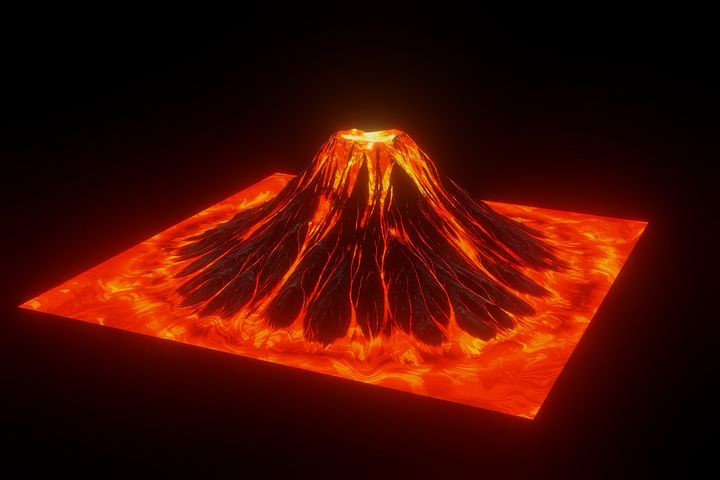Nature plays a crucial role in human life in many ways. Here are some of the most important ways in which nature impacts human life:
Health and well-being: Nature has been shown to have significant positive effects on human health and well-being. Access to green spaces and natural environments can reduce stress, improve mood, and promote physical activity, among other benefits.
Food and agriculture: Nature provides the resources necessary for food production and agriculture, including fertile soils, clean water, and pollinators such as bees and butterflies.
Climate regulation: Natural ecosystems, such as forests and wetlands, play a critical role in regulating the Earth's climate by absorbing carbon dioxide and other greenhouse gases.
Biodiversity: The diversity of species and ecosystems provided by nature is a crucial resource for human well-being, providing sources of food, medicine, and other resources.
Cultural and spiritual significance: Nature has significant cultural and spiritual significance for many communities around the world, providing a source of identity and connection to the natural world.
Economic benefits: Nature provides a range of economic benefits, including tourism, fisheries, forestry, and other forms of natural resource extraction.
In summary, nature plays a vital role in human life, impacting our physical, emotional, and economic well-being. It is essential that we recognize and protect the value of nature and work to conserve and restore natural ecosystems for the benefit of both present and future generations.

























